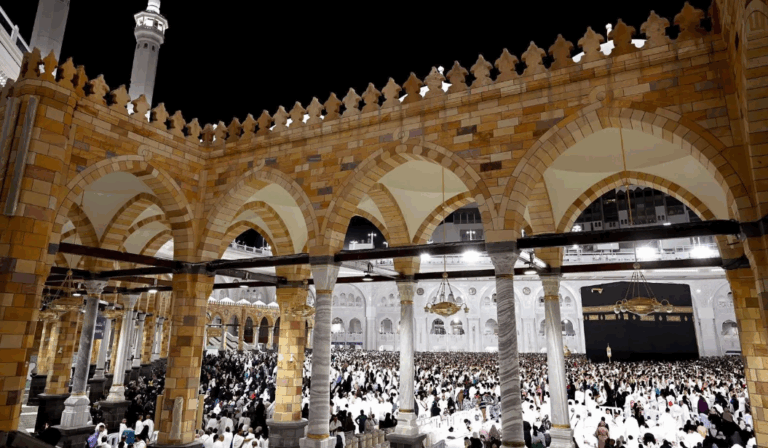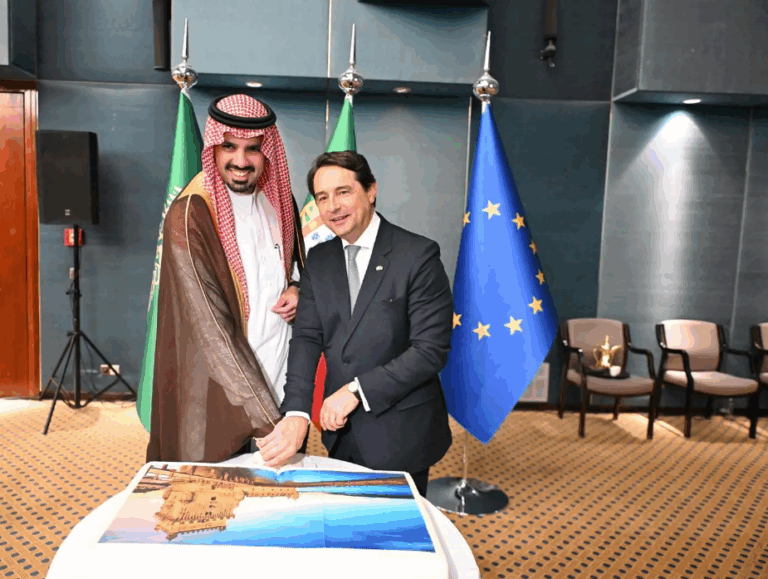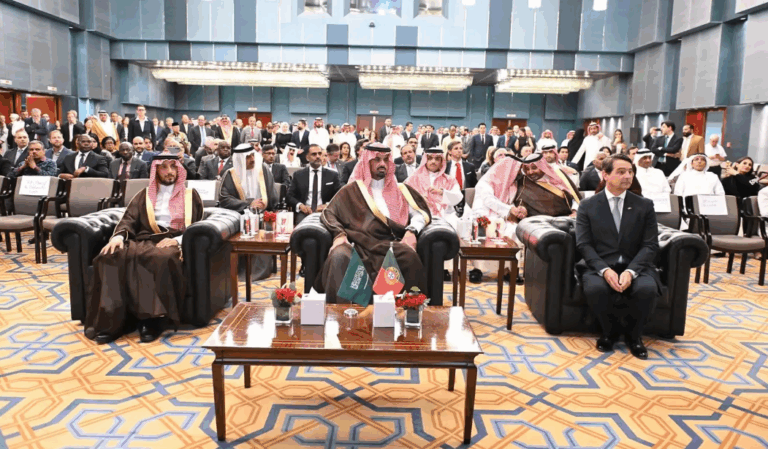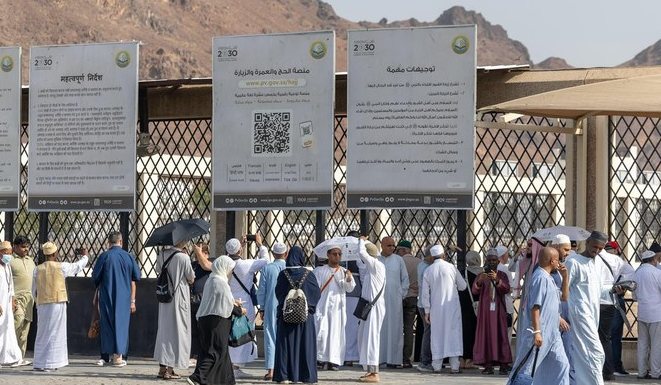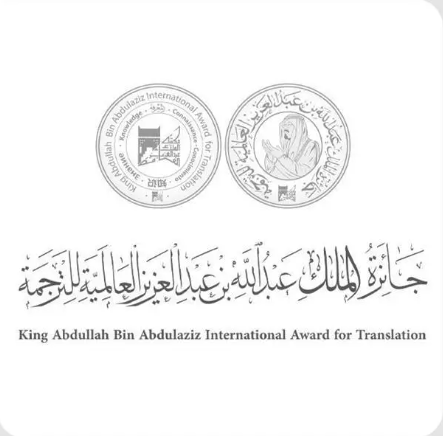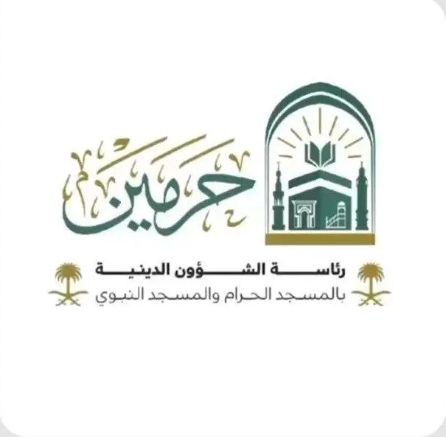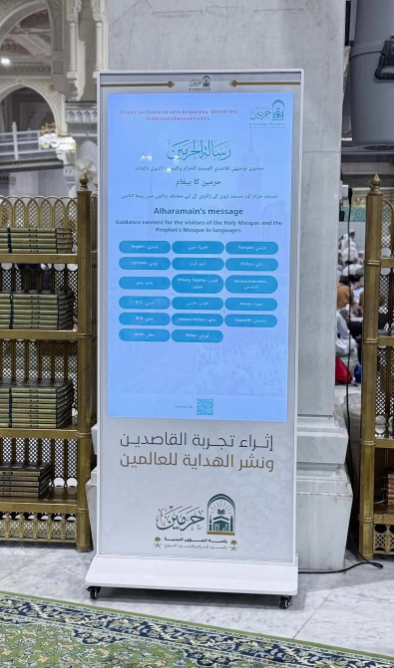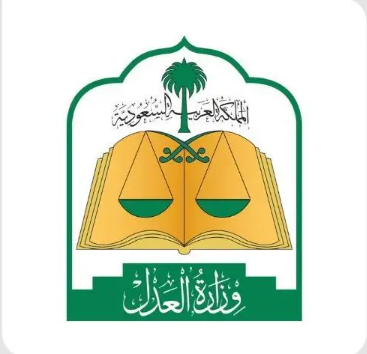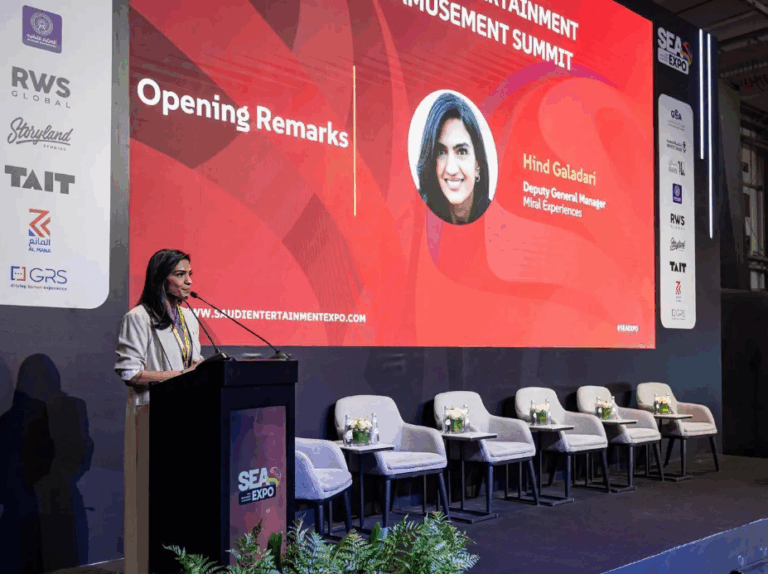**Headline:** Riyadh Forum Tackles Arab Theater Training
**Intro:**
The Riyadh Theater Festival’s December 25 symposium spotlighted urgent challenges in Arab theatrical training, from funding shortages to cultural barriers. Experts called for cross-border collaboration and innovative education programs to unlock theater’s power as a tool for social change, youth empowerment, and cultural evolution.
**Factbox (50 words):**
**Event:** Riyadh Theater Festival Symposium
**Date/Location:** Dec 25, 2024; Riyadh
**Key Focus:** Overcoming Arab theater training challenges
**Challenges Cited:** Limited funding, low public awareness
**Solutions Proposed:** Regional partnerships, creativity-focused curricula
**Goal:** Elevate theater’s role in education and societal transformation
**Riyadh Theater Festival Symposium Calls for Arab Collaboration to Revolutionize Theatrical Training**
The Riyadh Theater Festival, a cornerstone of Saudi Arabia’s cultural calendar, ignited a pivotal conversation this week during its annual symposium, held on December 25, 2024. Titled *“The Future of Arab Theater: Bridging Gaps, Building Talent,”* the event united regional experts to dissect the pressing challenges stifling theatrical development in the Arab world and map actionable strategies to empower the next generation of artists.
—
### **Challenges: Funding, Awareness, and Infrastructure Gaps**
The symposium opened with a stark assessment of systemic barriers. Participants identified **limited access to specialized training programs** as a critical issue, with many Arab nations lacking institutions dedicated to theatrical arts. Financial constraints further exacerbate the problem, restricting the creation of state-of-the-art training facilities and the ability to attract seasoned professionals.
Cultural hurdles also loom large. Experts emphasized that societal undervaluation of theater as both an art form and an educational tool has led to **low public engagement**, limiting its perceived relevance. “Theater is not just entertainment—it’s a mirror for societal issues and a catalyst for critical thought,” argued one panelist. “Yet, without public buy-in, its transformative potential remains untapped.”
—
### **Opportunities: Theater as a Tool for Social Change**
Amid these challenges, the symposium struck an optimistic tone. Speakers championed theater’s unique capacity to **drive social change**, foster empathy, and educate communities on pressing issues—from gender equality to environmental crises. Case studies from Saudi Arabia’s own theatrical renaissance were highlighted, showcasing how recent productions have sparked national dialogues on cultural identity and modernization.
Dr. Layla Al-Harbi, a noted Saudi playwright, remarked, “Theater transcends language. It’s a universal medium to challenge stereotypes, preserve heritage, and inspire innovation—especially for youth.”
—
### **Roadmap for Progress: Collaboration and Innovation**
To unlock this potential, participants issued a bold call for **pan-Arab collaboration**. Key recommendations included:
1. **Establishing Regional Training Hubs**: Cross-border partnerships to share resources, faculty, and curricula.
2. **Digital Learning Platforms**: Leveraging technology to make training accessible in underserved areas.
3. **Curriculum Reform**: Programs blending technical skills (acting, directing) with creative writing, critical analysis, and cultural studies.
4. **Public Awareness Campaigns**: Initiatives to reposition theater as a vital educational and social tool.
The proposed **Arab Theater Network**, a cooperative body to coordinate funding and knowledge-sharing, gained significant traction. “Unity is our strength,” asserted Egyptian director Omar Farouk. “By pooling expertise, we can elevate standards region-wide.”
—
### **Riyadh Festival: A Stage for Saudi Arabia’s Cultural Vision**
The symposium underscored the Riyadh Theater Festival’s role as a catalyst for the Kingdom’s cultural ambitions. Since its inception, the festival has become a platform for Saudi and international artists to experiment, collaborate, and redefine theater’s role in a rapidly evolving society. This year’s lineup includes avant-garde performances exploring themes like AI ethics and urban migration, reflecting the Kingdom’s commitment to **bold, contemporary storytelling**.
As the festival continues through December 26, attendees are urged to witness productions that exemplify the event’s theme: *“Theater Without Borders.”*
—
### **Conclusion: A Curtain Call for Action**
The symposium’s resounding takeaway? Arab theater stands at a crossroads. While obstacles persist, the collective will to innovate—fueled by cross-border collaboration and grassroots advocacy—offers a path forward. As Saudi Arabia cements its status as a regional cultural hub, the Riyadh Theater Festival emerges not just as a celebration of art, but as a blueprint for a more connected, creatively empowered Arab world.
*The Riyadh Theater Festival runs until December 26, with performances open to the public at the King Fahd Cultural Center. Tickets are available via the festival’s official platform.*
**15 FAQs on the Riyadh Theater Festival Symposium and Arab Theatrical Training**
1. **What were the primary challenges discussed at the Riyadh Theater Festival symposium regarding the advancement of theatrical training programs in Arab countries, and how do they impact artistic growth?**
2. **How do financial constraints hinder the establishment of comprehensive theatrical training centers and recruitment of professionals in the Arab world, according to symposium experts?**
3. **What cultural obstacles, such as limited public awareness of theater’s value, were identified as barriers to theatrical arts’ educational and social impact in Arab societies?**
4. **In what ways can theater drive social change, raise awareness, and serve as an educational tool in Arab communities, as highlighted by symposium participants?**
5. **Why is collaboration among Arab nations critical for elevating theatrical training standards, and what partnerships were proposed for resource-sharing?**
6. **How does the Riyadh Theater Festival position Saudi Arabia as a hub for theatrical innovation and cultural exchange in the Arab world?**
7. **What strategies were recommended at the symposium to design theater programs that balance technical skills with creativity and critical thinking?**
8. **What initiatives were proposed to increase public recognition of theater’s role in education and social development across Arab nations?**
9. **How might cross-border collaborations improve the quality and accessibility of theatrical training programs in the Arab region?**
10. **How does the Riyadh Theater Festival empower emerging Arab artists through performance opportunities and professional networking?**
11. **What successful theatrical training programs or Arab collaborations were cited as models for regional development during the symposium?**
12. **What funding solutions were suggested to overcome financial barriers for theatrical training centers in Arab countries?**
13. **Why is integrating critical thinking into theater education vital for Arab cultural development, per symposium insights?**
14. **How has the Riyadh Theater Festival evolved to reflect Saudi Arabia’s growing influence in global theater?**
15. **What long-term cultural benefits are expected from enhanced theatrical training and Arab collaborations, as per the symposium?**
These FAQs address the symposium’s focus on challenges, collaboration, funding, education, and the festival’s role in advancing Arab theater.
**CTA:**
*”Join the movement to shape the future of Arab theater! Whether you’re an artist, educator, or theater enthusiast, your voice matters. Support local productions, engage with cultural initiatives, and stay connected with the Riyadh Theater Festival’s upcoming programs. Follow the festival on social media and be part of the conversation driving creativity and social change through the arts.”*
**Conclusión:**
The Riyadh Theater Festival’s symposium served as a vital platform to address the pressing challenges and transformative potential of theatrical training in the Arab world. By fostering cross-border collaboration, prioritizing innovation in education, and amplifying theater’s role as a catalyst for social awareness, the region can unlock new horizons for artistic expression. As Saudi Arabia continues to champion cultural development, events like this underscore the power of theater to inspire, educate, and unite communities—proving that the stage is not just a space for performance, but a cornerstone of societal progress.
**Agradecimiento:**
The Riyadh Theater Festival extends heartfelt gratitude to all participants, panelists, and organizers whose insights and dedication enriched this symposium. Special thanks to the Kingdom’s cultural institutions for their unwavering support in advancing the arts. Together, we celebrate the visionaries shaping Arab theater and the audiences who bring its stories to life. Here’s to a future where creativity knows no bounds! 🎭✨
*(Include social media handles or relevant links here if applicable.)*



